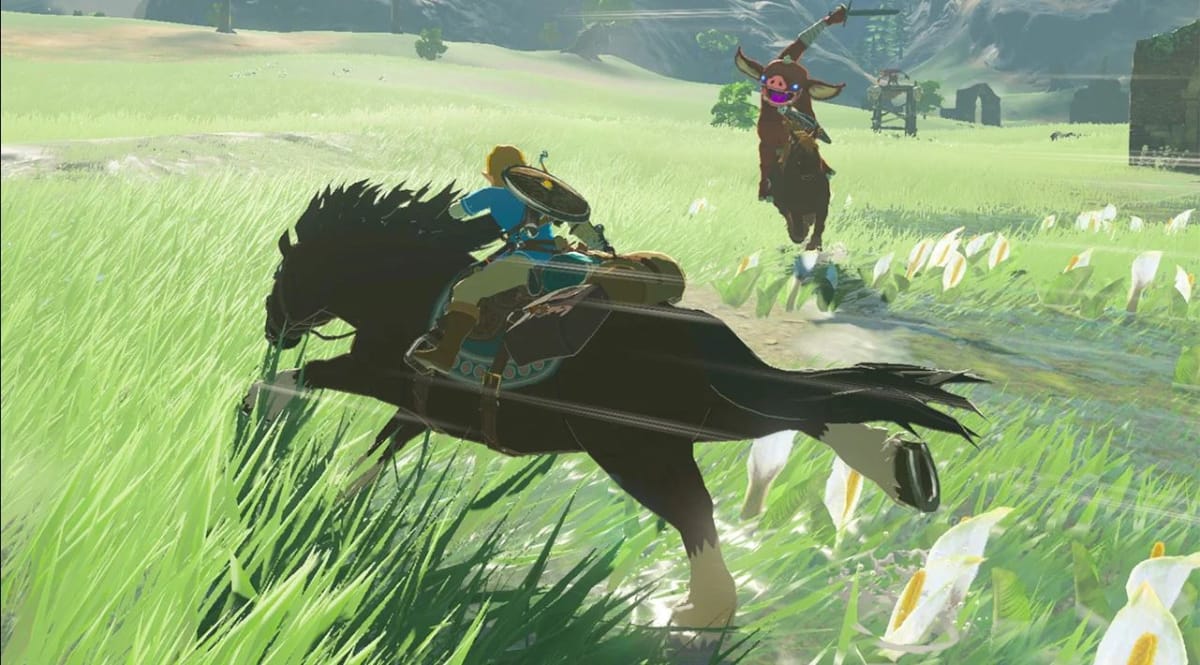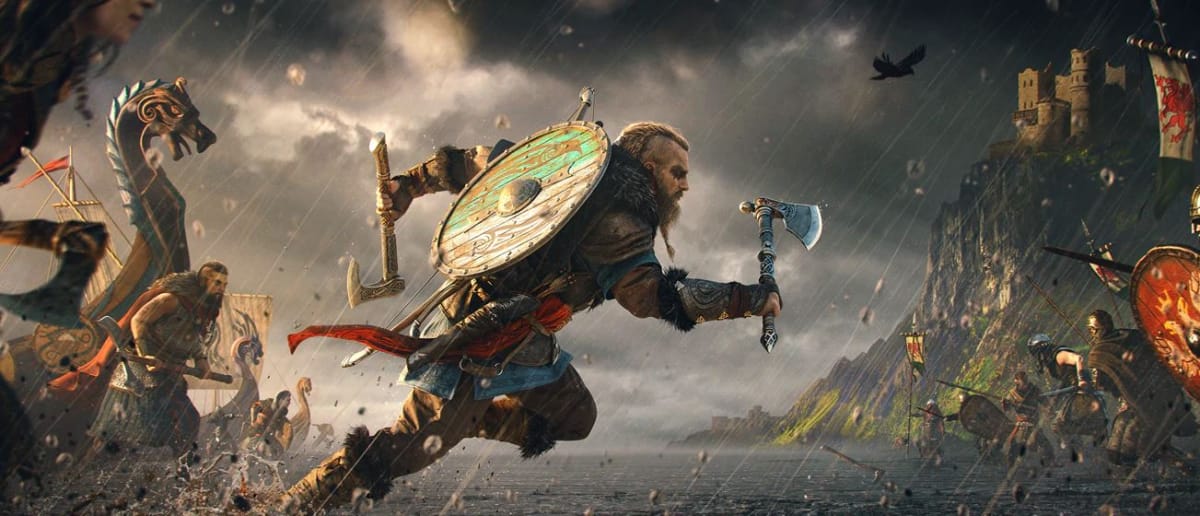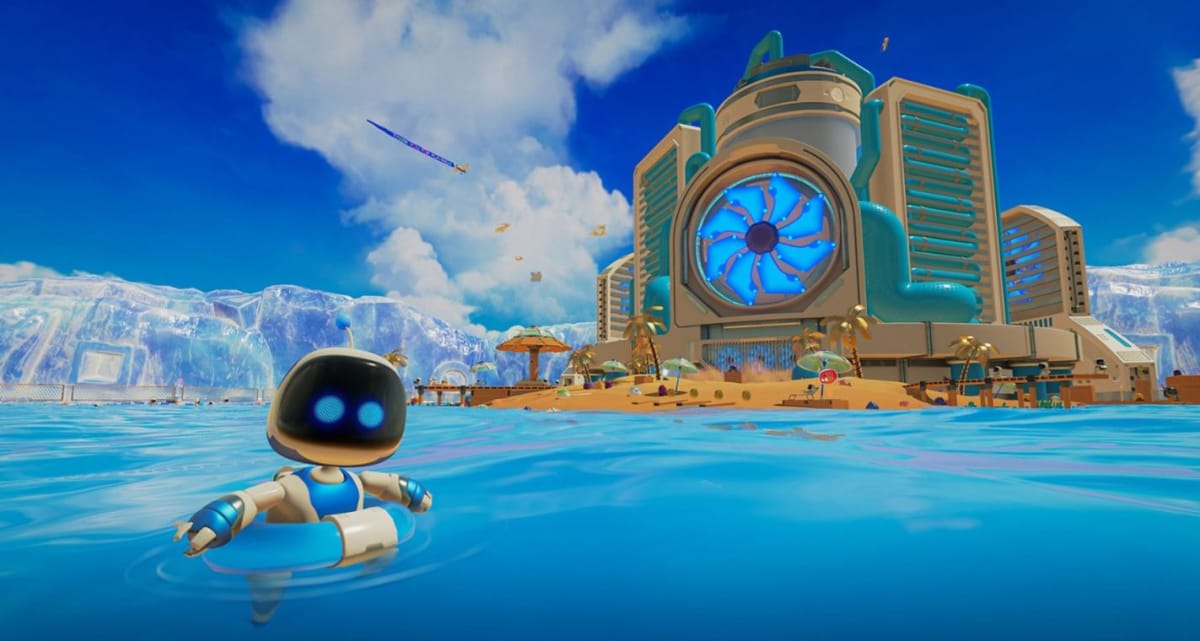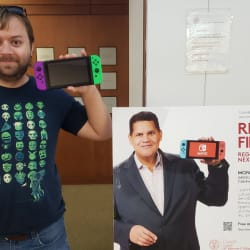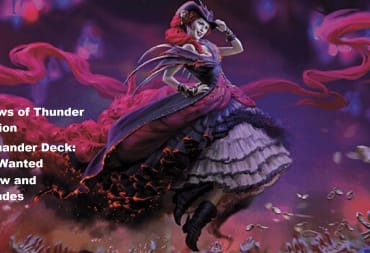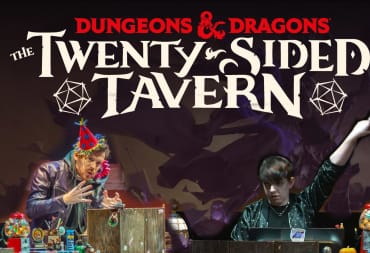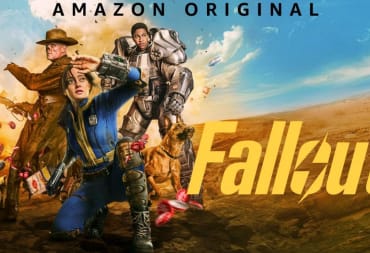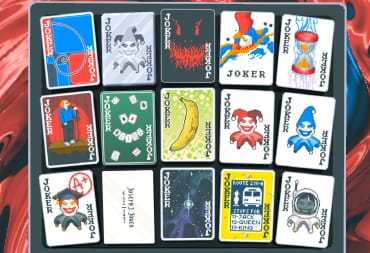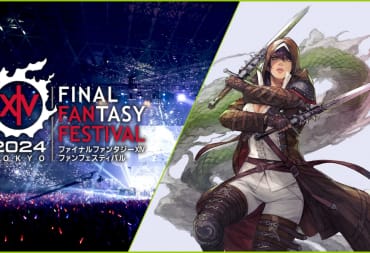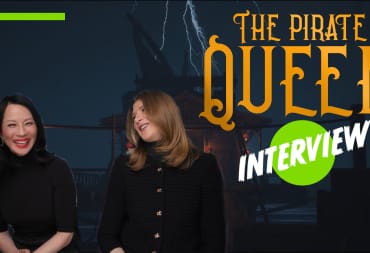If you’re an avid gamer, it’s not difficult to recognize the therapeutic and mental health benefits of video games. Many of us turn to digital worlds to help make sense of the tangible world around us, and especially in the past year during lockdown, these fictional realms have become more important than ever before. It’s a way many of us have stayed connected, and especially for kids who haven’t been able to see their friends in so long, games have become an outlet for both expression and socialization. Though games may have not yet been widely accepted by the mainstream as a reasonable therapeutic avenue, there are researchers around the world who are looking to change that narrative.
Dr. Anthony Bean, Clinical Depth Psychologist, video-game researcher, and Executive Director of The Telos Project in Fort Worth, TX, has been playing video games since he was about three years old. The Telos Project is a nonprofit mental health clinic which focuses on gamers and their families. The disorders this organization is committed to helping people work through run the gamut, from ADHD and anxiety to schizophrenia, phobias, trauma, and video-game addiction. As an avid gamer himself, Dr. Bean searches for the therapeutic benefits of video games and sees how they can be used as a force for good. He’s collected his experiences and studies into two published books so far: Working with Video Gamers and Games in Therapy: A Clinician’s Guide and The Psychology of Zelda: Linking Our World to the Legend of Zelda Series.

“I can use any game that’s out there for a therapeutic benefit. If I know enough about the game, I can use it to promote therapeutic growth regardless of the diagnosis. If a game grabs a patient, we just need to ask: ‘Why is this is so important?’” —Dr. Anthony Bean
Making Video-Game Therapy Mainstream
Whether it’s Call of Duty, Fortnite, The Legend of Zelda or any number of MMOs or puzzle games that are out there, Dr. Bean and the researchers at The Telos Project work to find therapeutic benefits for each patient. These are typically geared toward children and adolescents, but the research being done at The Telos Project helps to make video-game therapy something more widely recognized by mainstream culture. Dr. Bean’s work is geared toward better understanding the immersive effects of video games upon individual and family dynamics, as well as discovering conscious and unconscious conflicts through video game character identification and other archetypal experiences. In this way, games are used as an avenue for personal identity discovery and understanding the world and behavior through the storytelling of games.
By working with kids and families, Dr. Bean is able to open up a dialogue about the games that people play every day. This is especially true during the pandemic when more people than ever before are turning to games for escapism.
“We’ve seen an increase in video game use,” Dr. Bean said. “But it’s not what I could call pathological. Some people want to ring the alarm, that kids are spending too much time with games. But it’s something players still have under their control to connect with people." When it comes to the specific therapeutic nature of games, Dr. Bean described how co-op experiences have helped kids come together in fun and creative ways.
“Co-op games are great for engaging kids together," Dr. Bean said. This means often getting creative with how games are approached. The Legend of Zelda: Breath of the Wild on Switch is typically not a two-player experience, but if each person takes a Joy-Con it adds a whole other hilarious (albeit frustrating) layer to the game that can be enjoyed by multiple people simultaneously.
"Other games like MMOs have always been community-focused, with people showcasing what they can do in the game,” Dr. Bean said.
Throughout the Covid-19 pandemic, Dr. Bean and The Telos Project have had to find ways to work with patients while maintaining connections and that sense of community, which Dr. Bean admits has been lacking.
“That lack of community has been devastating to a lot of the kids and adults who want to engage in the world around them,” Dr. Bean said. It's introduced a unique challenge for organizations like The Telos Project to engage with their community, but the internet has helped form bonds even across great distances.
Online games on various platforms have made it possible for people to remain connected and still socialize in a distant environment. When lockdown started, Nintendo Switch consoles were flying off shelves, and games like Animal Crossing: New Horizons were selling countless copies. Ring Fit Adventure was sold out anywhere you looked during the summer months of 2020, and online communities like Grand Theft Auto V helped people come together in a digital space, even if just to hang out in a player’s nightclub (or run illicit sales on flying motorcycles). Games helped many of us reform communities in the digital space, and those connections go so far beyond simply maintaining friendships.
“We see with a lot of kids that they’re not as connected as well as they could be,” Dr. Bean said. “Schools have closed, they can’t see their friends, sports are cancelled, restaurants haven’t been serving as many people. This all culminated into a heavier use of video games.”
Increased Video Game Use: Separating Fun & Necessity
”Video games used to be a time for relaxation and fun,” Dr. Bean said. “They’re still used for that, but when something casual and fun becomes the main communicator, it changes. We’ve seen an increase use of video games; it’s because people are getting as close as they can be outside of phones and text messages."
In an RPG, there’s a fine line between a game making the work fun so you feel good as you’re progressing, and a slog where you feel like you need to put in the hours to level up your equipment or craft your next weapon. A game like Breath of the Wild does a nice job of immersing you in a colorful world and giving you incremental rewards that keep you motivated to keep going. Other games, and I won’t name any specifically so I don’t end up calling out one of your favorites, take something that should be fun and make it feel like work. For the completionist, this can be anxiety-inducing and ultimately lead to more stress than playing the game would relieve.
Similar to how a poorly designed RPG can make a game feel like work, when a game’s purpose becomes a means of communication or community building, it can lose some of the allure that attracted you in the first place. This may sound paradoxical as we’re talking about the therapeutic benefits of games, but there’s two sides to every coin you toss to your Witcher.
“There’s always a dark side to everything, not just video games,” Dr. Bean said. “We don’t have control over Covid, we’re trying to regain control. But games allow us to project ourselves onto the character and engage with other people.” Though we shouldn’t lose sight of responsibilities in our own lives, games give us abilities and opportunities we could only dream about in the real world.
The Future of Therapy in Games
As more research is done on video-game therapy, there could be a blend of games designed specifically for therapeutic purposes. As things stand currently though, these attempts haven’t exactly yielded the best results.
“We’ve seen an influx of people trying to create games for therapeutic benefits," Dr. Bean said. "Either game developers say this can be used for depression or another purpose, and it ends up being very stale. The game doesn’t have any essence. Then you have psychologists who make games with mental health aspects, but none of the other parts. I’d love to see these two groups work together, then you might have something there.”
At The Telos Project, Dr. Bean has seen a lot of kids connect with sandbox games like Minecraft, as well as form friendships over favorite games. This leads to a lot of kids even sharing games, mailing games to one another to try, or doing remote play. Currently, Dr. Bean himself is playing through Super Mario 3D All-Stars on Switch. He even bought a second sealed copy that he’s looking to giveaway through Geek Therapeutics in the future.
Though many of us have grown up on the medium, video games are still an incredibly young industry. We don’t have the century of experience that film has, or even longer for photography and storytelling. With each new graduating class, we’ll get more and more experts who will find a way to involve video games in their work and make even more progress in uncovering the therapeutic benefits of video games.
What video games did you find to have the most therapeutic benefit for you? Personally, when my cat passed away several years ago I built a memorial garden in Minecraft, and later in Animal Crossing: New Horizons built something similar on my island. These are small gestures, but it’s nice to know these digital realms hold some kind of perceived permanence when life can be fleeting. Let us know which games have been most meaningful to you in the comments!
Have a tip, or want to point out something we missed? Leave a Comment or e-mail us at tips@techraptor.net
